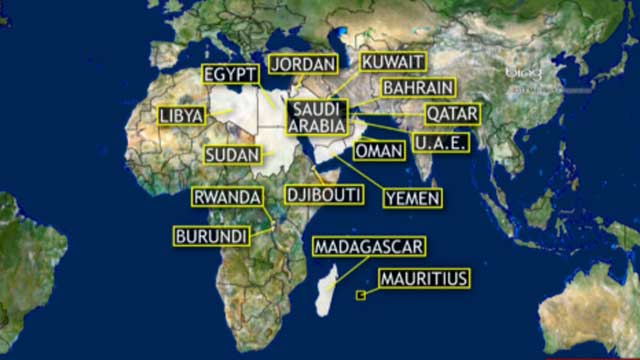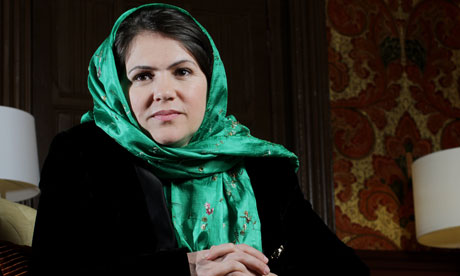In May 2011, President Barack Obama announced that the “war on terror” was coming to an end. His comment was made in direct response to the Abbottabad compound raid in which al-Qaeda leader Osama Bin Laden was killed. This painted a picture to the American public that the terrorist organization that was in terminal decline is no longer a threat to the United States or its interests.
Combined with other events, the recent hint by Secretary of State John Kerry that the US might end its drone program over Pakistan as the region no longer presents a threat, seems to reiterate the sentiments expressed by President Obama two years ago. Nevertheless, the closing of 19 American embassies in North Africa and the Middle East and other nations last week in response to the intercepted of messages between two key Al Qaeda officials last week contradicts that the war on terror is over.
As speculated by the global media, the Al Qaeda sect in Yemen was responsible for last week’s embassy threats. The United States has been extremely concerned about this Al Qaeda sect in Yemen and the Arab Peninsula (AQAP), as it has been directly responsible for attempted terrorist attacks such as such as the Underwear bomb plot and the ink cartridge bomb plot that were foiled last year.
The Obama Administration has labeled AQAP as the most active terrorist cell, and made it the primary target of much of the US drone strikes in Yemen. It is estimated by Foreign Policy that at least 75 drone strikes have been conducted in Yemen by the United States since 2009, including four in the past week that have killed some of AQAP members.
Although the American strategy of using drone strikes has been successful in killing some of AQAP’s key members such as the man behind its propaganda, Anwar al-Awlaki, it has not been successful in fatally decapitating AQAP in the same way it was able to destroy al-Qaeda in Afghanistan. According to Foreign Policy, despite continued American drone strikes, al-Qaeda membership has risen from roughly 300 members to 1000 since 2009. Furthermore, key AQAP officials such as Nasir al-Wuyhashi, one of the officials involved in the intercepted messages, Qasim al-Raymi, and bomb maker Ibrahim al-Asiri, remain at large. AQAP is proving to be more resilient to targeted attacks.
However, not only does the US counter terrorism strategy in Yemen lack a long-term solution to deal with AQAP and securing Yemen, it also does not have the same success it had in Afghanistan and Pakistan. AQAP continues to threaten the US, whether it is through targeting local points of interest or through organized international attacks. AQAP is not alone in this, however, as other al-Qaeda cells continue to plan and attempt to orchestrate attacks on the West and its interests. The ability to paralyze the diplomatic missions in multiple countries reiterates the fact that al-Qaeda-inspired terrorism is dangerous and possesses capabilities to attack the West.
General David Petraeus once said that the West needed to adopt a “whack-a-mole” policy to deal with all the al-Qaeda cells popping up throughout the world. Cells with direct ties or allegiance to al-Qaeda exist all over the world, but not all present an imminent threat to the United States and its Allies. To put it bluntly, the war on terror and against al-Qaeda is far from over; it has just moved its location.




